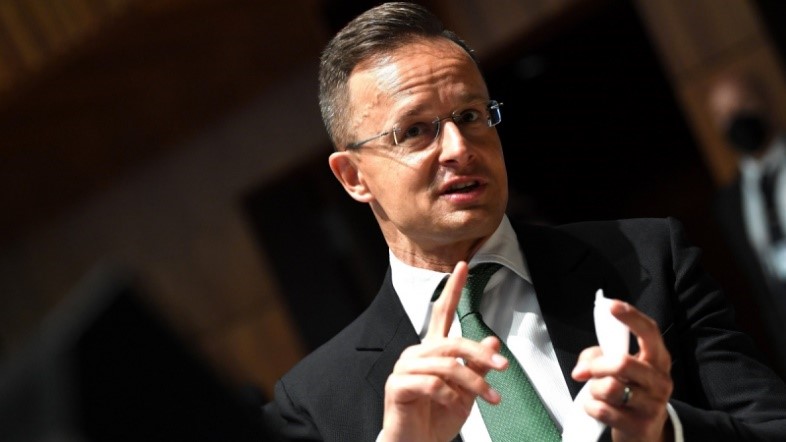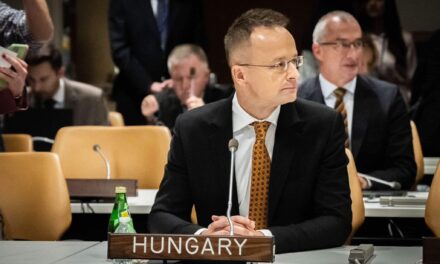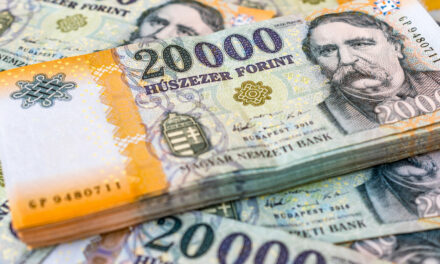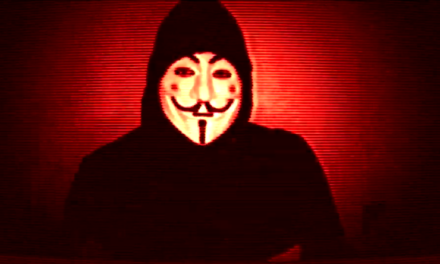Hungary will not accept EU sanctions packages that threaten the country's interests, such as its energy security - the Minister of Foreign Affairs and Trade spoke about this in Kossuth radio's Sunday Newspaper program.
Péter Szijjártó reminded that in the days after the outbreak of the Russian-Ukrainian war, during the preparation of the first sanctions package against Russia, they discussed in Brussels that this could have two results: on the one hand, it would bring the Russian economy to its knees, and on the other hand, it would quickly end the war. However, the war has been going on for eight months now and is more brutal than ever, and the European economy is struggling, and people's money is worth less and less because of the sanctioned inflation.
Even at the mention of the new, now ninth, sanctions package, another increase in gas prices followed on the world market. It would be better to finally face the effects of the sanctions policy. The EU's next package of sanctions will reportedly cover nuclear technologies. The foreign ministers of several member states have already indicated that they will support it, but this is another red line for Hungary, said the foreign minister.
We do not support anything that is contrary to Hungary's interests, for example endangering energy security, as we have never done before - stated Péter Szijjártó.
He added: Paks provides a third of Hungarian energy production, Paks II. and investment can mean preserving the achievements of the overhead reduction, so the new sanctions are against the interests of the country. The heating elements for the current four nuclear power plant blocks in Hungary must be purchased from a Russian manufacturer; power plants of this kind operate in the region for the most part. Hungary is satisfied with Russian suppliers. Nuclear heating elements are a long-term guarantee for Hungarian energy security, he explained.
The foreign minister drew attention to the importance of dialogue between the great powers in connection with the conclusion of the Russian-Ukrainian war. As he said, even during the Cold War, World War III could have been prevented if there was communication between the United States and the Soviet Union. Even now, Russian-American communication channels should be established, because this war cannot be ended without negotiations, he emphasized.
Péter Szijjártó added: at the last meeting of the 27 EU foreign ministers, none of their 26 colleagues uttered the word "peace".
MTI
Photo: MTI/EPA/Pool/John Thys













